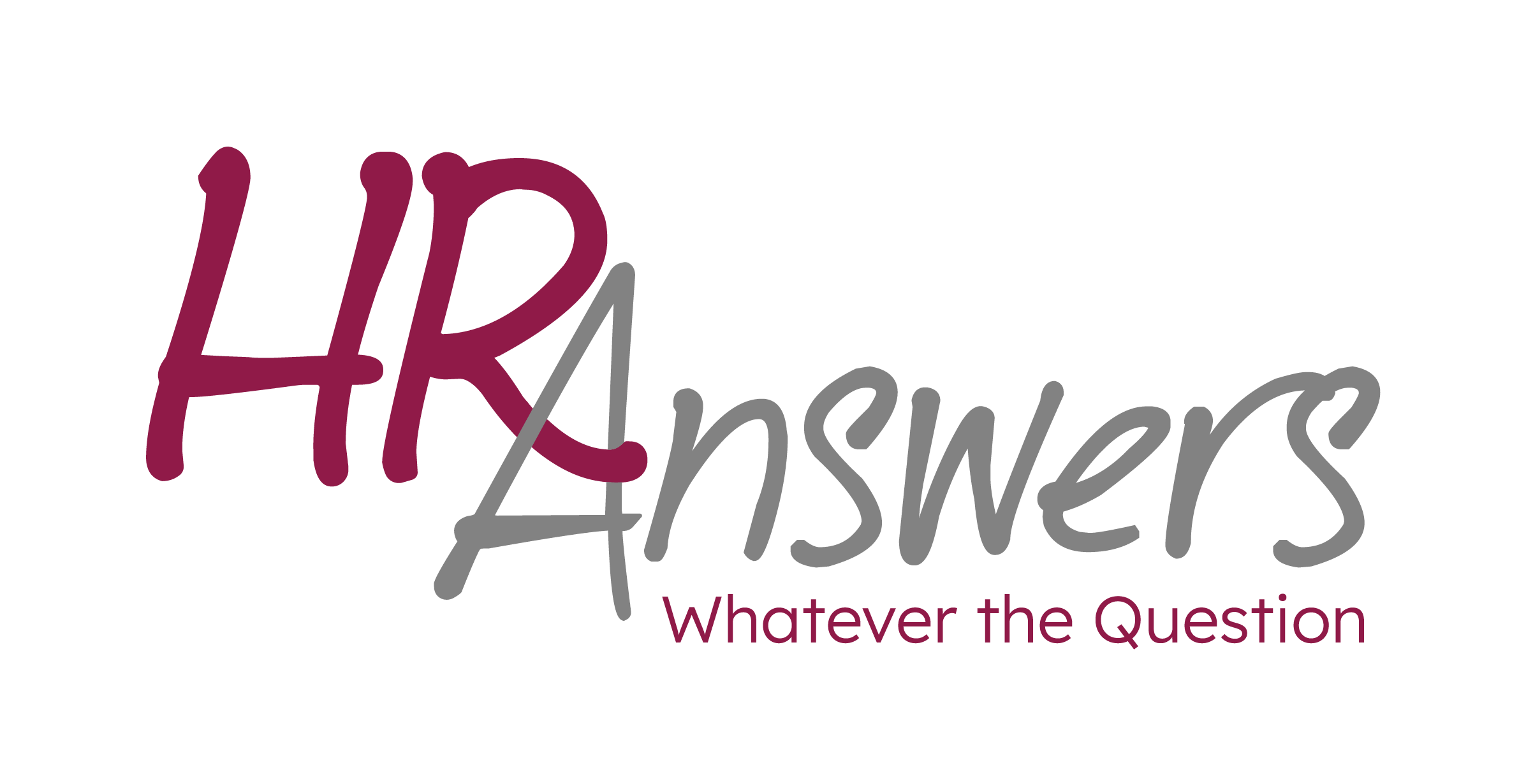Chasing Timesheets?
Client: I’m tired of chasing down timesheets. Every pay period, I have to send multiple reminders, and I still end up with late or inaccurate submissions. How do I get my team to take this seriously without constantly nagging them?
Consultant: I hear you. Few things are more frustrating than scrambling for timesheets when payroll is due. The key is setting clear expectations, making the process as easy as possible, and adding some accountability so it’s their responsibility—not yours.
Client: Okay, but I feel like I already remind them a lot. What else can I do?
Consultant: First, let’s shift the mindset. Instead of making timesheets your responsibility, make it theirs. Start by setting a firm expectation.
Try this:
“Submitting accurate timesheets on time is part of your job—just like showing up to work. Moving forward, I expect everyone to submit their timesheets by [deadline] without multiple reminders. If there’s an issue, let me know before the deadline, not after.”
This makes it clear that it’s their responsibility, not something you’ll chase them for.
Client: That sounds great, but what if they still forget?
Consultant: Then it’s time to add accountability. While not paying an employee on time due to a missing timesheet is a violation in many states, discipline for failing to submit a timesheet isn’t.
You might say:
“Timesheets must be submitted on time so payroll can be processed correctly. If you don’t submit your timesheet, I’ll still have to process your pay, without your input, it may not reflect the correct hours and additional processes will be needed to correct any errors. Moving forward, repeated late or missing timesheets will result in corrective action.”
For non-exempt employees, reinforce compliance:
“Accurate timesheets are legally required. Late or incorrect submissions create compliance issues, so this is a must.”
A natural consequence—such as a written warning or requiring a meeting with you—can often be more effective than endless reminders.
Client: That makes sense, but I also need to make sure the timesheets are accurate. What’s the best way to do that?
Consultant: Accuracy comes down to two things: clear guidelines and spot-checking.
For guidelines, provide a simple checklist:
- Did you record all hours worked?
- Did you include meal and rest breaks (if required)?
- Is your overtime recorded correctly?
Then, implement spot-checks. You don’t need to audit every timesheet. Randomly reviewing a few sends the message that accuracy matters.
You might say:
“I’ll be reviewing timesheets periodically to ensure accuracy. If I find discrepancies, I’ll follow up so we can correct them. Let me know if you have any questions on what’s required.”
Client: What if someone keeps submitting them late or with errors?
Consultant: Then you treat it like any other performance issue.
Try this:
“We’ve talked about this before, and I’m still seeing late/inaccurate timesheets. Moving forward, if this continues, we’ll need to address it formally as a performance issue.”
This makes it clear that it’s an expectation, not a suggestion.
Client: What about making the process easier? Maybe people just forget because it’s annoying?
Consultant: Great point. If the process is clunky, people will put it off. Consider:
-Automated reminders (so the system, not you, does the reminding)
-A simple submission process (mobile-friendly options help)
-A shared calendar reminder (so it’s not all on you)
You might say:
“I know timesheets aren’t the most exciting task, so let’s make this easy. If you set a calendar reminder or use the automated system prompts, it’ll take two minutes instead of scrambling at the last minute.”
Client: This is really helpful. So the key is clear expectations, some accountability, and a streamlined process?
Consultant: Exactly! Set the expectation, make it easy, and follow through. That way, you’re not the timesheet babysitter, and payroll still runs smoothly.
And if you ever need help structuring a policy or handling repeat offenders, we’re here to help.


